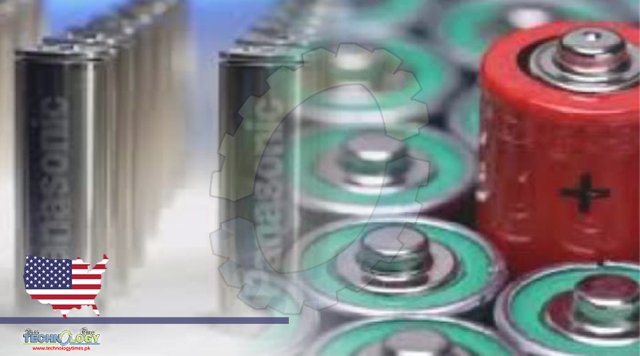Passage of the Inflation Reduction Act of 2022 has resulted in numerous Battery manufacturing announcing plans to begin production in the United States, supporting the transition to clean energy as well as clean transportation.

In August President Biden signed into law the Inflation Reduction Act, the largest climate and energy package in the history of the United States. Included in the IRA is over $60 billion for domestic manufacturing across the clean energy supply chain, which includes $30 billion in production tax credits to accelerate domestic manufacturing of solar panels, wind turbines, batteries, and critical minerals processing. Battery manufacturing, A month later and battery manufacturers are clamoring to set up shop in the United States to take advantage of the financial incentives and to be a part of the clean energy transition. Panasonic, which makes batteries for electric vehicles, was already manufacturing in the US at a Nevada gigafactory operated in conjunction with Tesla. Now it plans to expand a new facility in Kansas and open yet another facility in Oklahoma. When complete, the Kansas plant would be the largest economic development in the state’s history and would be larger than the Nevada gigafactory.
Panasonic’s factories are expected to produce the company’s lithium-ion 4680 cells for the batteries that go in EVs such as Teslas. Demand for EVs is expected to pick up, also as the result of the IRA, as it includes a $4,000 consumer tax credit for low- to-middle income individuals to buy used clean vehicles, and up to $7500 for new clean vehicles, which includes electric vehicles and plug-in hybrids. EV sales will also be boosted by the passage of state bans on gas-powered vehicles—with California leading the way with a ban on sales of new gas-powered cars by 2035. Other states, including Washington, New York and Massachusetts may follow suitGM and LG recently announced a joint venture to build EV battery manufacturing plants in Tennessee, Ohio and Michigan. Announced prior to the signing of the IRA, the joint venture, called Ultium Cells LLC, announced that it received a $2.5 billion loan from the U.S. Energy Department to help finance construction of the new plants. The loan comes from the government’s Advanced Technology Vehicles Manufacturing (ATVM) loan program, which has $17.7 billion in loan authority to support the manufacture of eligible light-duty vehicles and qualifying components, authorized by the Energy Independence and Security Act of 2007.
Source: This news is originally published by pv-magazine-usa